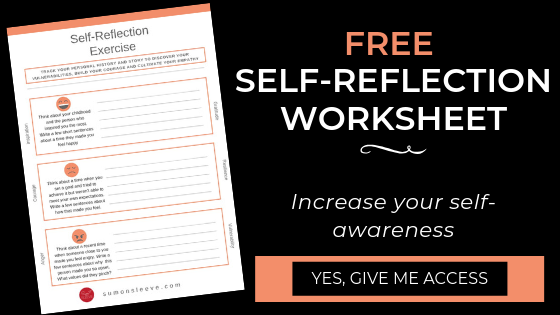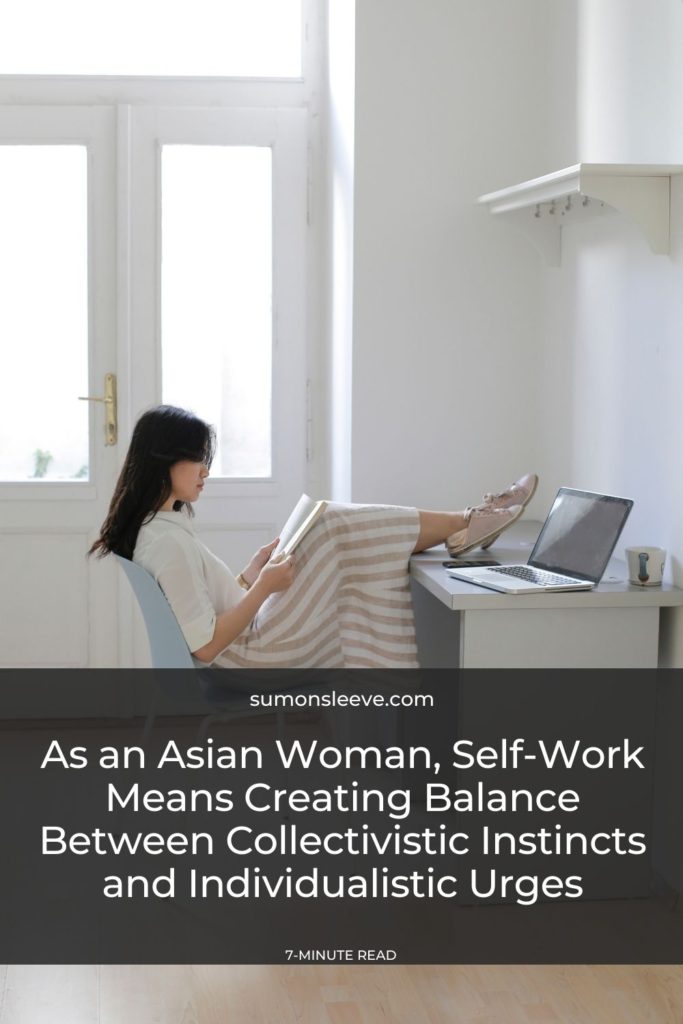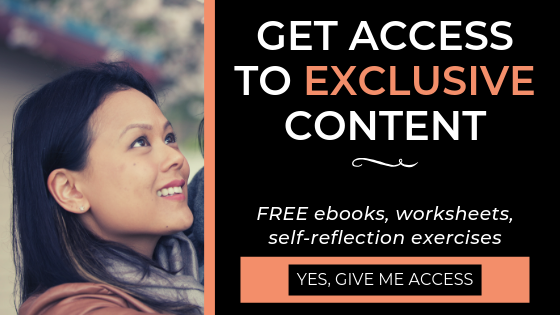How to balance the collectivist instincts instilled through my upbringing and the individualistic urges influenced by my environment.

Recently, I saw a TikTok video of an Asian woman getting her 23andMe results. In a mere 15 seconds, she opens the envelope, looks at it and shows the audience what it says. The results are that she is Chinese and of Southeast Asian descent. The video ends with her deadpan expression and the words “I wasted $150” above her head. I chuckled at first but then I thought about it some more.
As a Chinese Canadian Millennial, I never struggled to understand where I came from. My immigrant parents preached about their ancestral homes and their humble beginnings when they first came to Canada. I knew they wanted a better future for me and my sisters; I wanted to make them proud. As a young child, I already had a purpose to accomplish this. My life’s mission was to take advantage of the opportunities they didn’t have to create a better generation than theirs.
In addition, I understood my culture. It was handed to me, spoonfed with each grain of rice. Collectivistic practices were drilled into my heart, mind and soul such as attending mandatory family dinners, respecting the age and gender hierarchy, prioritizing harmony over conflict and valuing the needs of the family above individual concerns. The food I ate and the language I spoke defined who I was.
There were challenges at school. Trying to look white and never feeling like I belonged were constant themes throughout my teenaged years. But home was home, a safe haven where there was a sense of comfort in knowing my family was there for me.
As I finished school and became a young adult, I noticed many non-Asian peers go on self-discovery journeys.
From travelling the world, exposing themselves to different cultures, jumping from job to job, attending personal development seminars, getting (and becoming) life coaches to reading self-improvement books, they were working on themselves to define who they are.
Their value for personal identity put them in pursuit of purpose and meaning while mine led me down a path of further education and a stable job with a healthy pension.
I couldn’t relate. I was told who I was since the day I was born. I didn’t need to find myself. What I struggled with was finding who I wanted to be.
The self-improvement work I needed to do was to create a balance between the collectivist instincts instilled through my upbringing and the individualistic urges influenced by my environment. I wanted to have my cake and eat it too. But the traits of each culture conflicted with one another and pulled my identity apart.
When I became a mother, it challenged me to take a stance. Now that I’m in my parents’ position…what do I want to preserve for the next generation? What values, beliefs and priorities do I want to instill in my kids? How certain am I that who I am is who I want to be?
The relationships with others versus the one with myself
Collectivism values the roles we play in people’s lives.
I’m a wife, mother, daughter, sister, cousin, aunt etc…
The better I am at these roles, the more meaningful my life becomes as I am able to fulfil my duty for my community and family.
Individualism values uniqueness and personal identity.
But I am more than these roles. I am an individual with likes and dislikes, a personality, unique experiences, regrets, goals, hopes and dreams. I’m smart, funny, witty, empathetic, kind, fearless…
One of the golden rules in relationships is that how I treat myself is how others will treat me. Focusing on the relationship I have with myself allows me to explore who I am, learning how to have self-compassion and becoming the hero in my own life, not in others’.
What kind of friend am I to myself? Is my inner voice a kind one?
As I explore the relationship with myself, I get lost going in different directions. It’s a dance between my owning my individual identity and optimizing the roles I play for others.
How I perceive myself determines how fulfilling a life I want to have. Does increasing my self-awareness mean refining who I am based on the relationships I have with others? Or by the relationship that I have with myself?
What about relationships that take a toll on my well-being but I have a sense of duty to honour them?
By blood or by choice
“Cut out toxic people in your life.”
“Don’t waste your time, energy and attention on people who treat you badly.”
“Surround yourself with people who uplift you.”
In my head, these pieces of advice sound reasonable. But in my heart, familial ties serve as the foundation of my culture. Sometimes, it means sacrificing happiness, avoiding conflict and ignoring issues for the sake of maintaining harmony within the family.
“You can choose your friends but not your family.”
Growing up, my immediate family was my inner circle. It didn’t matter if we butted heads or barely talked, there was an obligation to take care of one another. Keeping the peace was of utmost importance. Talking back to your parents was the most disrespectful thing a child could do. And I did lots of it.
As I’ve gotten older, that sense of obligation amplified because of my ageing parents. It’s no longer about talking back and storming off to my room to cool off. The generational and cultural differences between us have created more elephants in the room than a football stadium could hold.
“Respect me as an adult and stop treating me like a child.”
“I don’t want to be around you because you constantly criticize every decision I make.”
“Stop commenting about my skin, weight or what I look like because it destroys my self-esteem.”
“I don’t want you to tell me what to do. I want you to validate me. I’m never good enough in your eyes and yet I continually seek your approval.”
“All you do is complain and judge. I want you to accept me for who I am.”
“I don’t know who you are. You don’t know who I am. But yet, I come here every week to eat a silent dinner and I go home, always reconsidering my decision the next week.”
But when those elephants are revealed, it’s only for a brief second. The deep-rooted belief that relationships by blood are indestructible takes over and the desire to work on things seems unnecessary.
Why work on something that is a given? That won’t change and doesn’t need to change?
“I’ll always be their daughter; therefore, I’ll always be in their life.”
“They’ll always be my parents; therefore, my parents will always be in my life.”
The next day, everything resumes peacefully and somehow it feels normal.
My parents are loving and caring people. They did their best. I want them in my kids’ and my life. I want to spend time with them despite our differences because the stability in our relationship provides me comfort. There’s a feeling of belonging and connection when I go visit them. Even when we barely exchange words, there’s a mutual appreciation that we can count on one another, that I’m not alone in this scary world and my presence is fulfilling enough.
But my individualistic urges push me to reflect. Am I taking these relationships for granted? Are they? They don’t believe so. Is the lack of a deep relationship with my parents indicate a need to cut ties?
Or is maintaining the relationship even at a surface level about aligning with my values of being a devoted daughter?
Shame and embarrassment? Or courage and strength?
In collectivist cultures, one’s success brings honour to an entire family and one’s failure brings shame.
When my parents immigrated, fitting in and surviving were their main concerns. They put their heads down, worked their butts off and raised my sisters and me to be grateful growing up in a country of opportunities. They taught us to stay out of trouble, to play by the rules, to not stick out like a sore thumb.
They conformed to social expectations by appeasing others, suppressed their true opinions to maintain interpersonal harmony and to avoid offending others. They’re proud of the work they’ve done for their family. Their struggles were worth it. Their successful children and comfortable living are proof.
As I finish this essay off, I have this inner voice telling me to stop writing and criticizing where I am from as it brings shame to my family.
“Don’t bite the hands that fed you.”
But as an empowered individual who grew up with female role models who spoke their truths, I value my voice and expressing myself authentically. Sharing my vulnerabilities and writing openly and honestly about my experiences are signs of strength and courage.
I want to use my skills and talent as a writer to inspire other Asian women to talk about things that need to be talked about despite growing up in a culture that hid them. But every day, with each word I put down, I still feel held back by my need to conform and to bring honour to my family.
It’s constant work that I do with myself to stay true to who I am, a mosaic of individualistic urges and collectivistic instincts. For now, I’m going to press publish, start my next article, hug my kids, kiss my husband and give my parents a call.





